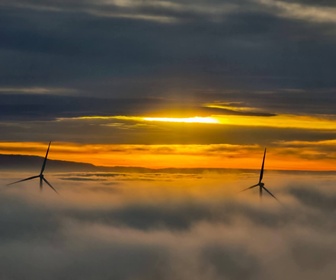The Global Wind Energy Council (GWEC) is calling on governments across the world to refrain from introducing trade barriers which impact wind turbine equipment and to ensure an open investment climate for companies financing the global energy transition.
According to the Intergovernmental Panel on Climate Change (IPCC), investment in renewables needs to increase to US$ 2.4 trillion per year by 2050 if the world is to have a hope of heading off the dangerous effects of climate change. And yet, GWEC points out that a number of countries have introduced new trade barriers on commodities and components affecting the wind industry as well as introduced new screen mechanisms among other measures to restrict global investment in the renewables sector.
GWEC highlights that onshore wind energy has reduced its levelised cost of energy (LCOE) by 45% over the last decade. However, tariffs on key commodities and components could add up to 20% to wind turbine supply chain costs in some cases, which could slow down the energy.
New screening mechanisms introduced by countries and trade barriers have also led to a series of much needed planned investments in clean energy being cancelled.
New screening mechanisms introduced by countries and trade barriers have also led to a series of much needed planned investments in clean energy being cancelled.
GWEC and the International Renewable Energy Agency (IRENA), along with the Chinese Wind Energy Association and the Chinese Renewable Energy Association, have organised the first Beijing Renewable Energy Investment Summit (BREIS) in order to bring together key stakeholders from government, industry and the financial community to discuss how we can enhance cooperation, create appropriate investment climates and regulatory environments in order to radically increase investment in renewable energy.









